“You’ll be amazed at the value you create.” During my participation in this year’s World Travel Market session on “How to measure the Return On Investment of travel bloggers”, I learn of an animated discussion to secure the monetary value of what exactly means x amount of tweets published by x amount of bloggers. How do destinations wishing to work with (professional) travel bloggers go about justifying the sum invested into bloggers?
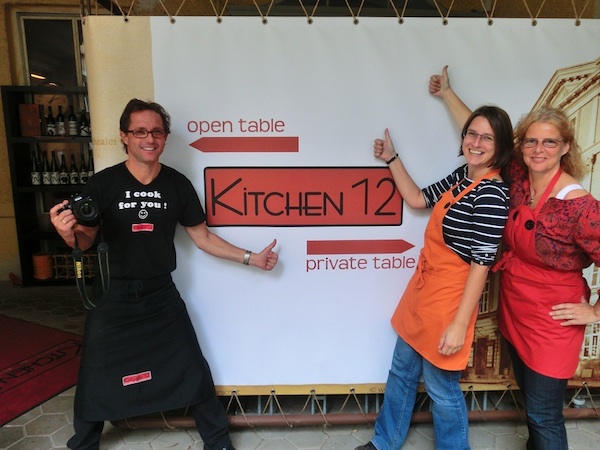
How to tell “bloggers from blaggers”? Calculating the real, monetary value of a blog trip like this one into the city of Graz, Austria, does not always prove to be an easy task.
“Travel bloggers are writers first”, writes Oliver Gradwell. Besides, travel bloggers are also SEO & marketing specialists, publishers, speakers and Social Media savvy online journalists. So how do you facture it all in?
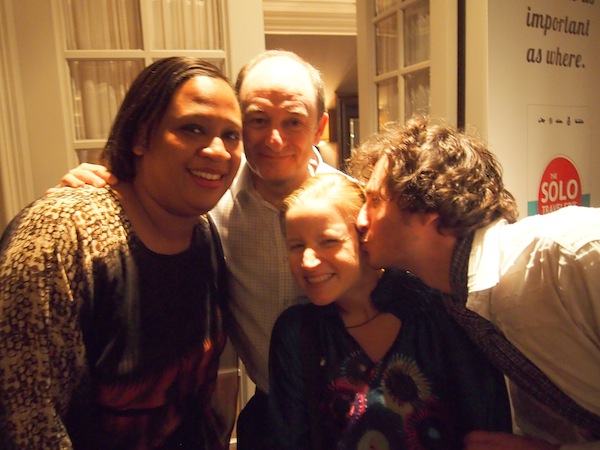
Travel bloggers capitalize on the value of emotions. Add the longevity of blog posts, and you will get results that remain (see LONDON for the city’s second #TravelMassive & Traveler’s Handbooks Book Launch Events).
One interesting issue that Melvin Böcher, of Traveldudes.org has come up with, is that travel bloggers still sell far below their value, be it the value of CPM for advertisement space on their blogs or correctly charging for their (publishing) work. Part of the problem is that so far, no real accounting model seems to fit in a market that is, on top of it all, still evolving rapidly. Together with Keith Jenkins, of VelvetEscape Travel Blog, they have developed an Online ROI Calculator that looks at closing the gap. Its aim is to integrate the exact number of readers on any viral output – something that online travel media wins over traditional media, a fact that might well become its single most important competitive advantage in the nearby future.
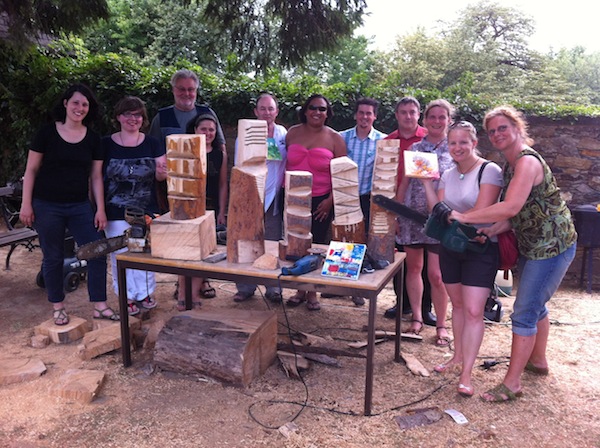
Celebrating the virtues of a “combined blog trip” of traditional media and travel bloggers has led to the huge success of promoting creative travel in Burgenland, Austria, including hundreds of thousands web and print impressions in the summer of 2012.
Every blog has a different value, no matter how small it is.
Niches are important! So we are told. A niche blog may perhaps have less, but better targeted readers – something partners in the travel industry are looking for in a cooperation. In addition, Tweet, Pinterest, Google+ and Facebook impressions may well add up to millions of impressions including feedback in real time “as you post/go”. No other media can do that.

Friulian Tart: Published, discussed with and shared by many fans of the Italian destination Friuli Venezia Giulia in just one day, this has led to an improved online reputation for the entire destination.
People literally follow travel bloggers on various channels, and industry panel members confirm during the London discussion that “there’s a huge amount of value for that”. It is even recommended that travel bloggers should include case studies in their media kits of followers immediately talking about a photo shared by the blogger on Facebook. Or of tweet feedback claiming real intention of travelling by fans. Ultimately, this is exactly what travel destinations are looking for in justifying the expenditure of working with travel bloggers.
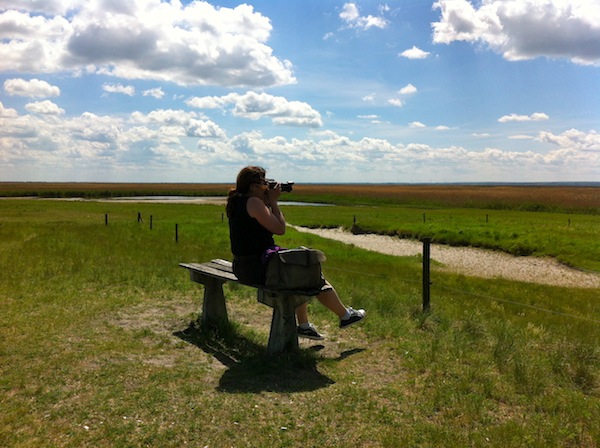
Travel bloggers are able to capture exactly what their readers want: Personal, intimate yet well-researched travel stories of a destination or form of traveling, such as creative travel. Here, videoblogger Emmy Horstkamp lets the magic of Lake Neusiedl in Austria work on her.
“Search ‘Travel Bangkok’, and you will get results by people you are already connected to.”
As online search engines are increasingly incorporating Social Media in their results, “bloggers lead the way”, concludes Keith Jenkins in his talk, “cause they are already doing it.” 80-90% of users do their (travel) research online, i.e. on websites and social media channels, with only about 5% claiming to look at blogs. However, with blogs being incredibly dynamic, they “show up really well in search engines”: Contrary to users’ ideas that “blogs are personal diaries written for family and friends”, they become relevant as professional and appealing websites offering travel resources, news and photography / videography to any interested traveller.
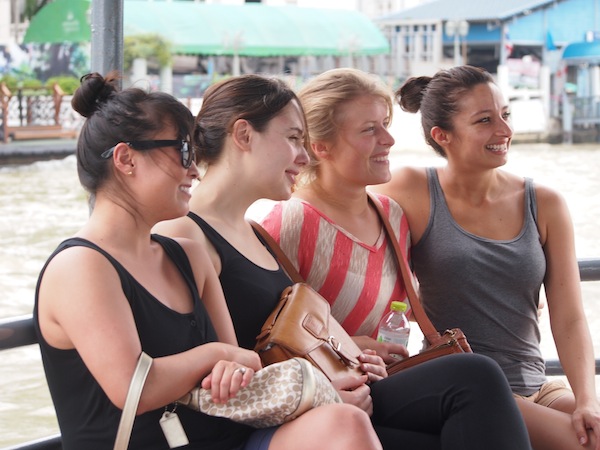
Give travellers what they want (great travel content, photography and stories), and they will flock to your website, blog or otherwise, like happy birds.
